Weeks 10 to 14 of Your Pregnancy: Care Instructions
It's now possible to hear the fetus's heartbeat with a special ultrasound device. And the fetus's organs are developing.
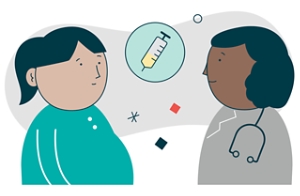
Decide about tests to check for birth defects. Think about your age, your chance of passing on a family condition, your need to know about any problems, and what you might do after you have the test results.
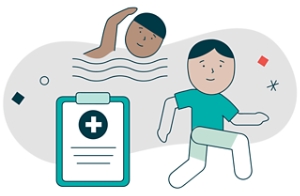
It's okay to exercise. Try activities such as walking or swimming. Check with your doctor or midwife before starting a new program.

You may feel more tired than usual. Taking naps during the day may help.

You may feel emotional. It might help to talk to someone.

You may have headaches. Try lying down and putting a cool cloth over your forehead.
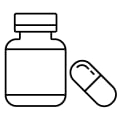
You can use acetaminophen (Tylenol) for pain relief. Don't take any anti-inflammatory medicines (such as Advil, Motrin, Aleve), unless your doctor or midwife says it's okay.

You may feel a fullness or aching in your lower belly. This can feel like the kind of cramps you might get before a period. A back rub may help.
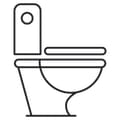
You may need to urinate more. Your growing uterus and changing hormones can affect your bladder.

You may feel sick to your stomach (morning sickness). Try avoiding food and smells that make you feel sick.

Your breasts may feel different. They may feel tender or get bigger. Your nipples may get darker. Try a bra that gives you good support.

Avoid alcohol, tobacco, and drugs (including cannabis). If you need help quitting, talk to your doctor or midwife.
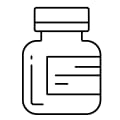
Take a daily prenatal vitamin. Choose one with folic acid.
Follow-up care is a key part of your treatment and safety. Be sure to make and go to all appointments, and call your doctor or nurse advice line (811 in most provinces and territories) if you are having problems. It's also a good idea to know your test results and keep a list of the medicines you take.
Where can you learn more?
Go to https://www.healthwise.net/patientEd
Enter E090 in the search box to learn more about "Weeks 10 to 14 of Your Pregnancy: Care Instructions".
Current as of: April 30, 2024
